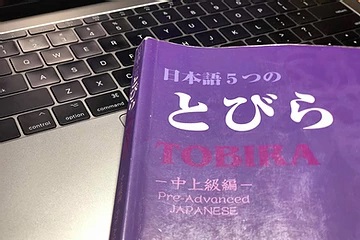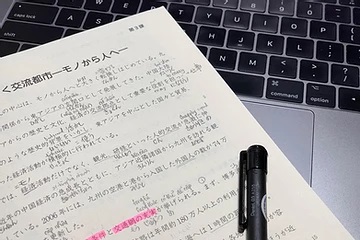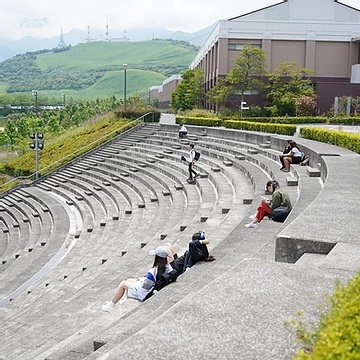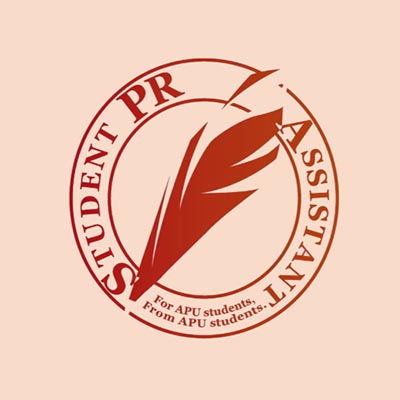I studied Japanese for three years before coming to APU. In Vietnam, my home country, I studied under Vietnamese teachers who had studied in Japan, Japanese teachers from Tokyo and Chiba, and even with Japanese students who came to Vietnam on exchange programs. I had a lot of experience studying the language, and yet I still hadn’t found the most efficient method to memorize new vocabulary. As I struggled to master Japanese, real fluency seemed like a far-fetched dream. That was, until I found myself in the pre-advanced Japanese course at APU, taught by Mr. Ryo Takada.

Having graduated with a master’s degree in language education in San Francisco, Mr. Takada has 7 years of experience teaching Japanese at APU. With a deep interest in language and personal experience learning a language while studying abroad, Mr. Takada’s main preoccupation has always been how to aid international students in figuring out their motivation to learn Japanese. During the first weeks of the course, he used only Japanese to explain grammar, kanji, and to explain cultural information to the class. Because he avoided English, the students in the class thought that he was uncomfortable using the language. However, one day when we were having trouble grasping the difference between 状態 (joutai, condition) and 状況 (joukyou, circumstance) using only Japanese, he suddenly switched into fluent English, startling much of the class.
After the class, I asked him why he didn’t tell us that he could speak English, since it would be easier for students to consult with him when we have problems in our studies. “If you come to class and listen to my Japanese everyday, even though I don’t speak as fast as Japanese people normally do, I hope that it will help you to get used to the speed of native Japanese, improving your ability to take in more of the language,” he kindly answered. His insight into language served to spark interest in the class, helping us to excel. Since my little talk with Mr. Takada, I have found my motivation to study Japanese. I realized that I have a unique opportunity to study Japanese here in Japan, surrounded native speakers of the language.

Mr. Takada also told us to prioritize learning new words. There are many different aspects to learning a new language. It can be like swimming in a vast ocean, one where students can easily get lost without a lighthouse to guide them. Thankfully, Mr. Takada is that lighthouse, lighting our way by helping us expand our vocabulary through providing us with new expressions and helping us use these expressions in appropriate contexts. Consequently, I have come to feel like the elusive goal of Japanese proficiency has never been closer. Mr. Takada has changed the way I approach a new language. He has not only provided us with new vocabulary, but he has also shown us how and in what context should we use those words. For instance, when teaching the word状態 (joutai, condition), he explained that we could use this world to describe the condition of one’s health (健康状態, kenkoujoutai), the condition of being at peace (平和状態, heiwajoutai), or the state of a company (経営状態, keieijoutai). By providing so many linked examples, he helped us to be able to more quickly use new vocabulary. The biggest advantage of studying Japanese at APU is being surrounded by Japanese friends who can speak English. Whenever I learn a new word, I can immediately try it when talking with my friends. Their willingness [1] [2] to offer correction does wonders for my ability to use the right words in the right context.

Even as someone who could speak more than one language when I came to APU, I have struggled with finding learning methods that suit me the best; it must surely be harder for those who have never studied a new language before. As for me, coming to the right place and studying with the right person greatly improved my learning experience. I sincerely hope that my experience can help some of you find the way to improving your own experience.

★SPA will take turns writing the column.We hope our articles make you feel closer to APU, even we are under the limitations to prevent the spread of COVID-19 infection.














